
Program helps disadvantaged, first-generation students gain a college education
The Educational Opportunity Program, which assists disadvantaged students seeking a college education, is celebrating its 40th anniversary at Marquette.
Current EOP students, alumni, faculty and staff gathered in Marquette Hall last Friday to commemorate the occasion.
Arnold Mitchem, founder of the EOP and president of the Council for Opportunity in Education in Washington, D.C., said students, faculty and staff in the EOP are still “marching” after 40 years.
“I could never have imagined this moment 40 years ago,” said Mitchem, who also serves on Marquette’s board of trustees.
When he was first approached for the position, he said it was called a “radical experiment” that could never work.
The services provided by the EOP are federally funded through the TRIO program, which seeks to motivate and support students from disadvantaged backgrounds, according to the U.S. Department of Education.
Marquette’s EOP is the oldest TRIO program in the nation, beginning with 40 students in 1969, said Marquette EOP Director Sande Robinson. To date, 1,665 EOP participants have graduated from Marquette, Robinson said.
“Not only are we still in existence, but we’ve been quite successful over the past four decades,” she said in an interview.
Two of the four programs offered by the EOP directly impact Marquette undergraduate students. The EOP-Student Support Services program benefits more than 280 freshmen each year. EOP-SSS offers first-generation college students services, from financial aid to a pre-freshman summer program, in addition to academic, personal and career counseling.
The EOP also runs the Ronald E. McNair Scholars Program, which encourages upperclassmen to pursue doctoral studies by hosting seminars, facilitating summer internships and assisting with the graduate school admissions process.
In addition to programs for Marquette students, the EOP also supports the pre-college Upward Bound program for area low-income high school students who would be first-generation college students.
Robinson noted that more than 95 percent of Upward Bound participants enroll in college. The program offers students tutoring and academic advising, among other services.
Such programs are not recruiting tools, but instead show how Marquette has “a larger commitment to social justice issues,” Robinson said.
University President the Rev. Robert A. Wild congratulated the EOP for being the first of its kind in the nation.
“At some point everyone needs a hand up in life, and that is what the EOP seeks to do,” Wild said.
Lottie Smith, a graduate of the first EOP class at Marquette, spoke at Friday’s reception.
“We knew we had to put out academically or get out physically,” said Smith, now a principal at Lady Pitts High School in Milwaukee.
Provost John Pauly presented a plaque of recognition to Robinson for her 35 years of service to the EOP. He thanked her for her role as taskmaster, guide, motivator and support system for EOP students.
Also recognized at Friday’s celebration were Marion Fraleigh and Maureen Hoyler, who have both worked for the EOP for more than 20 years.
They were honored as part of the Centennial Celebration of Women at Marquette, Robinson said.
Hoyler contributed to the EOP in its beginning years as assistant to Mitchem and later joined him at the Council for Opportunity in Education, where she is now executive vice president.
In 1981, Fraleigh took over Hoyler’s position at Marquette as assistant, which she still holds.
Tori Dykes contributed to this story.


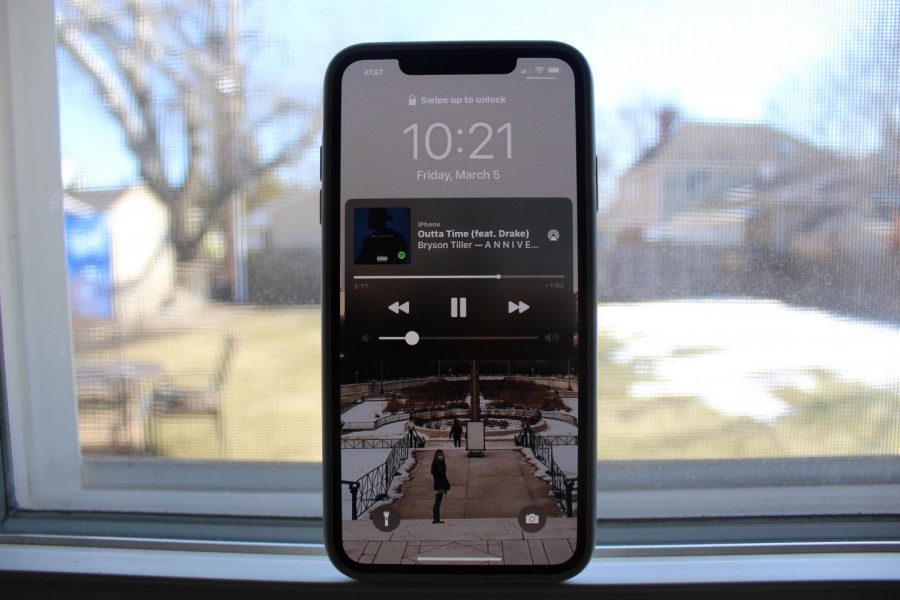
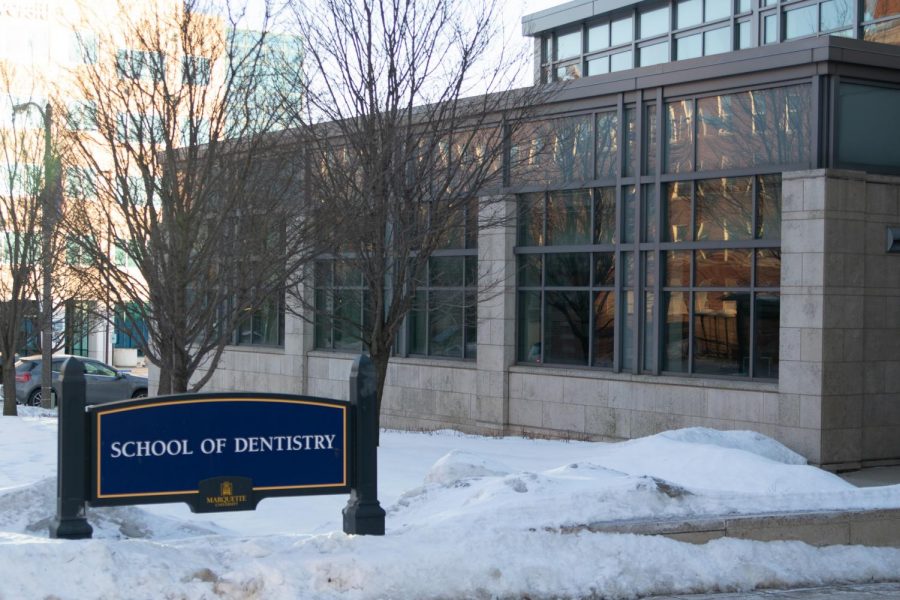
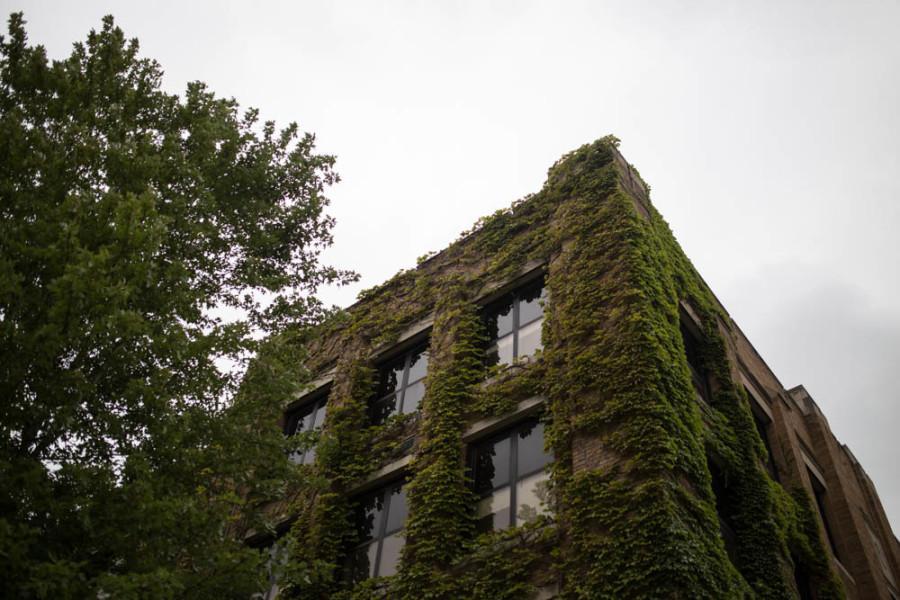
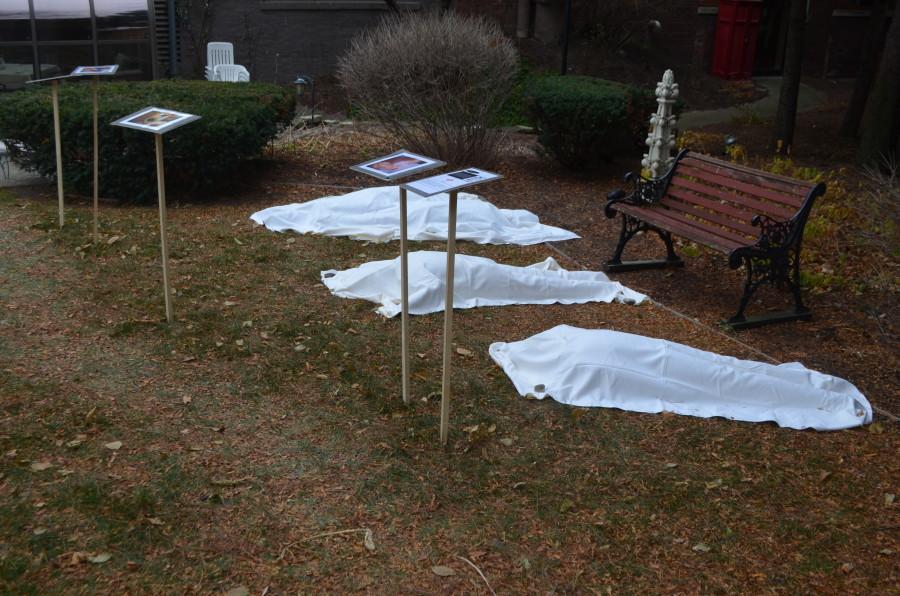
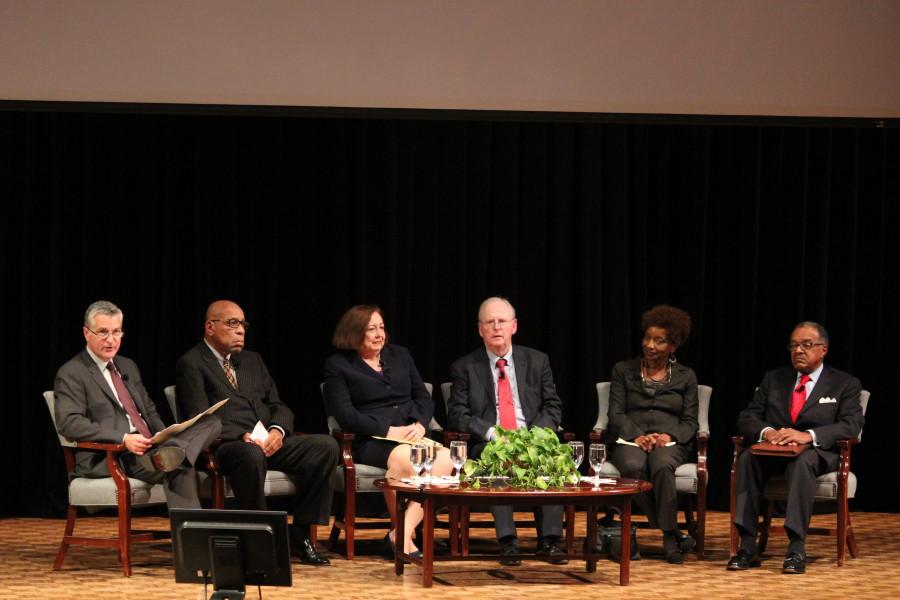
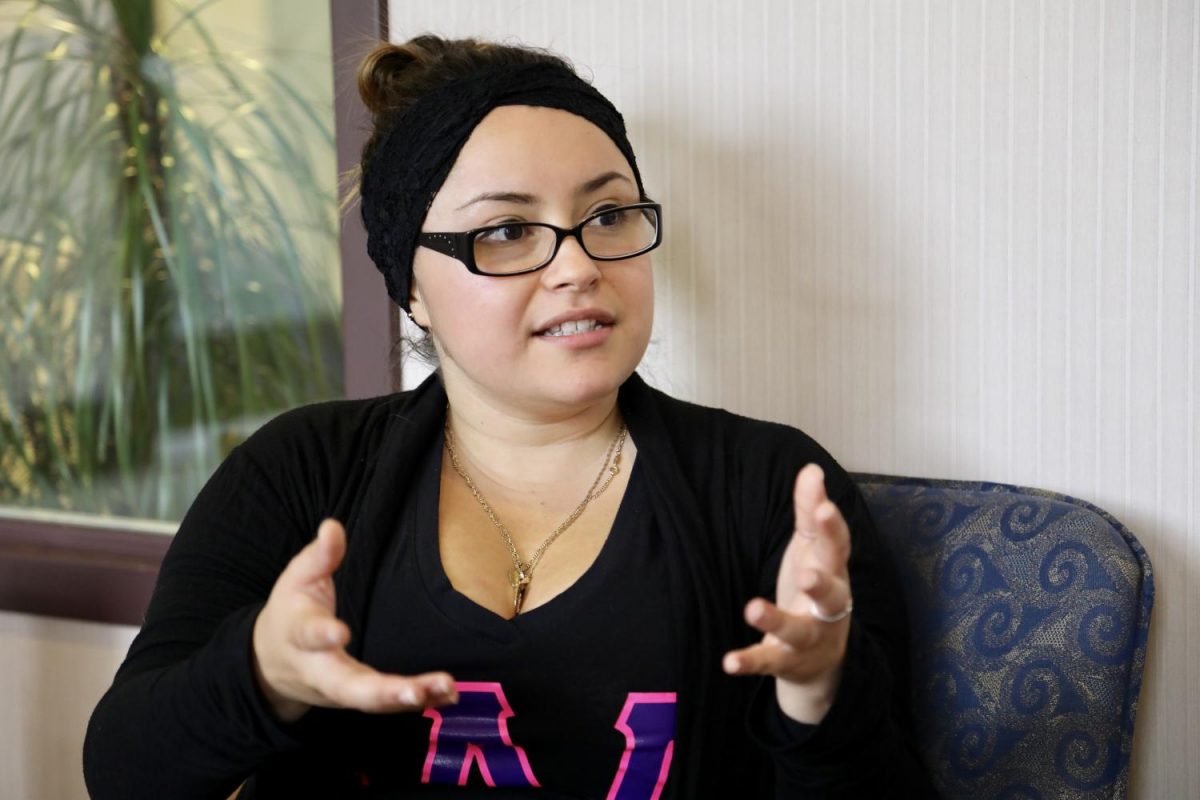
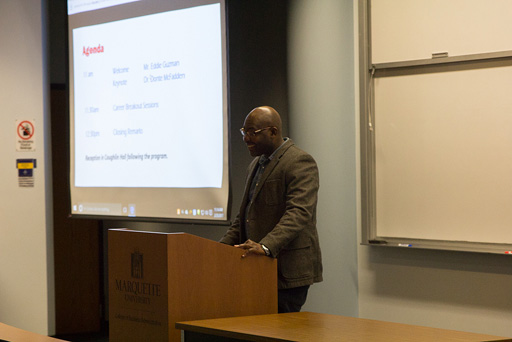
Andrea Tarrell • Oct 3, 2009 at 3:24 pm
To be a part of the EOP program, students must come from low income families and have parents that did not receive college degrees. And Skip Meucci is complaining about all the “extra help” that EOP students receive?
Interesting.
PS – THE AUTHOR DID A GREAT JOB ON THIS STORY!
sharon shinners brock • Sep 29, 2009 at 8:53 pm
Another star achievement for Marquette, clearly reported by Ms. Prybell. Thanks!
Skip Meucci • Sep 29, 2009 at 5:14 pm
Hello-
I first started MU in 1964. I was not a very good student academically (my fault – I take responsibility for that). Was dropped in 1966 and lost my 2S student deferment and drafted into the Armed Forces because of Vietnam escalation. Many EOP persons had grade points worse than mine but were kept in school because they had all this help. I had nothing. I wonder how many others were in the same boat and were killed that war.
After discharge in 1970 I returned to MU and graduated. I truly loved my experience at MU except for the EOP program, what I call, the reverse discrimination program.
Feel free to contact me at any time to discuss the other opinion.
Thank you
Skip Meucci
Lisa Brock • Sep 29, 2009 at 3:50 pm
WOW, so proud!!